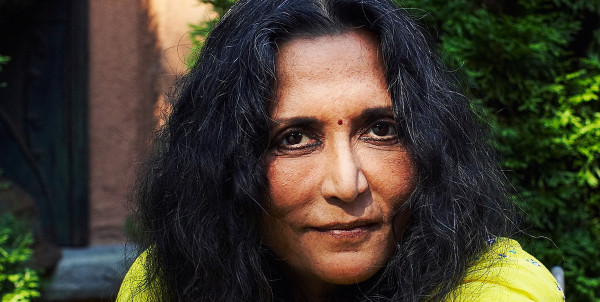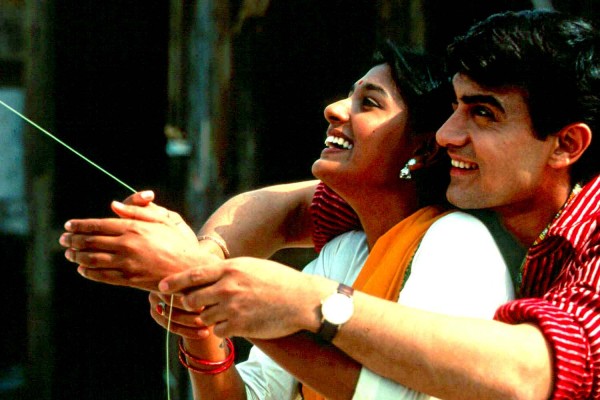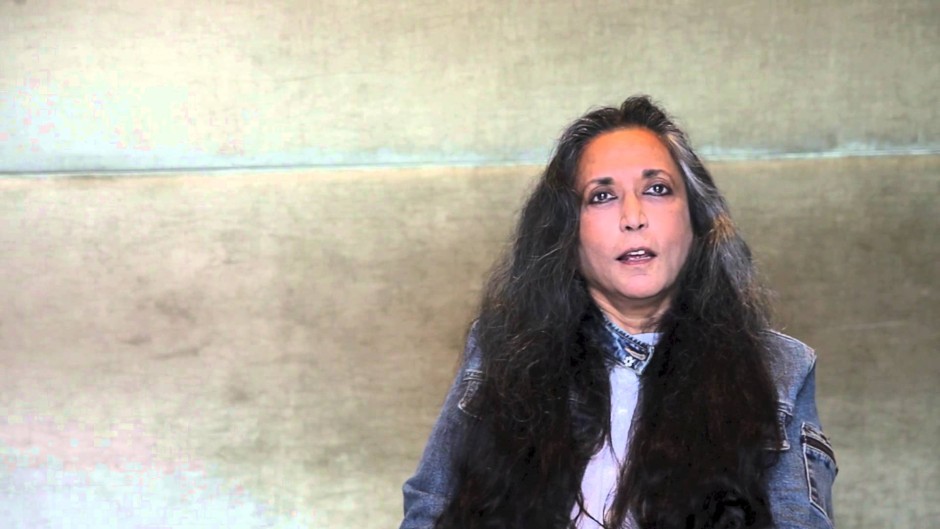
Indo-Canadian filmmaker Deepa Mehta wades into the quagmire of human emotion and conflict in her atmospheric, multilingual movies. Boldly taking on controversial issues, she sheds light on such topics as sectarian violence and same-sex love.
A retrospective of her work, Heaven on Earth: The Films of Deepa Mehta, will be presented by the Toronto International Film Festival from October 8 to November 15 at the TIFF Bell Lightbox.
Mehta established herself with Fire, Earth and Water, a trilogy of films set in modern India. Fire (1996), the first in the series, will be screened on Thursday, October 8 at 6:30 p.m.
Fire probes the perils of arranged marriage, a time-honored institution in India.
Sita (Nandita Das) is unhappily married to Jatin (Jaavad Jaffrey), a scoundrel who doesn’t give her the time of the day. They share a house with Jatin’s older brother, Askhok (Kulbushan Kharbanda), his wife, Radha (Shabana Azari), and his bedridden but alert mother.

Cruel and insensitive, Jatin is a philanderer who carries on with his old Chinese girlfriend, Julie (Alice Poon). He doesn’t even bother concealing his extramarital affair. Indeed, he flaunts it, much to Sita’s anguish and frustration.
Radha, some years older than Sita, struggles with a failed marriage as well. Ashok, though spiritual in outlook, treats Radha indifferently. When he wants his sexual desires fulfilled, he curtly says, “I need you.” Radha, in accordance with Hindu philosophy, appears resigned to her fate.
Sita, however, is rebellious, not feeling bound by traditional customs and norms. “The concept of duty is overrated,” she says.
Sita and Radha find carnal contentment in each other’s arms, much to Ashok’s horror, and Mehta handles this theme with compassion and sensitivity in a finely-wrought film.
In Earth (1998), which is to be screened on Friday, October 9 at 6:30 p.m., Mehta takes us back to 1947, when the Indian subcontinent was partitioned into two separate states, India and Pakistan. The ethnic and religious mayhem that accompanied these events is an integral component of this compelling movie.
The narrator, Lenny, is a Parsee girl whose family enjoys the comforts of an upper middle-class life in Lahore, a mainly Muslim city that would be incorporated into Pakistan. Driven out of Persia in the eighth century, the Parsees were a prosperous and respected minority in India. They adopted a position of neutrality when Hindus and Muslims were thrown into sectarian warfare on the eve of India’s and Pakistan’s independence.
The film, in scene after scene, reflects these rising tensions vividly. Hindu refugees carry their worldly belongings as they trudge out of Lahore in mournful columns under the watchful eye of police. A train pulls into Lahore’s railway station, the carriages filled with the butchered corpses of Muslims. Sikh rioters rampage through the streets, clashing with Muslims. A Hindu neighborhood goes up in flames.

Lenny (Maia Sethna), who’s hobbled by polio, is exposed to these convulsions on a first-hand basis. Her Hindu nanny, Shanta (Nandita Das), takes Lenny on excursions around Lahore. During these trips, she meets Shanta’s Muslim suitors, Dil Navaz (Aamir Khan) and Hasan (Rahul Khanna), who know each other.
Eventually, Shanta gives herself, body and soul, to one of them. By that point, Lahore is awash in strife, old friendships across religious lines have broken up and Hindus are being forced to convert to Islam or Christianity to save themselves.
Earth captures these moments in graphic brush strokes, reminding viewers that ethnic nationalism can ignite passions, shatter civility and order and devour lives.
https://youtu.be/W9FRLexZYQM
